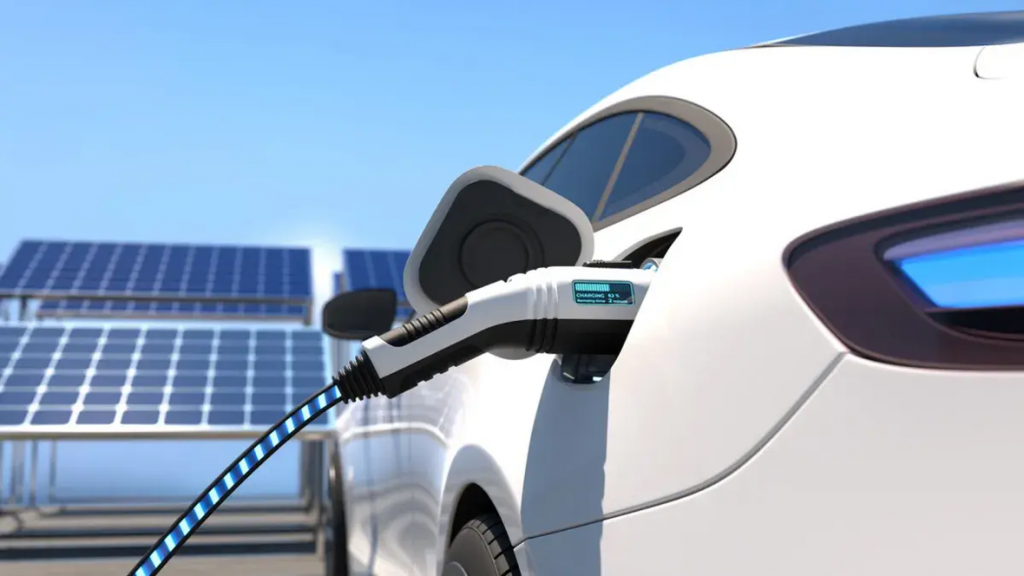The logistics industry in the United States is rapidly embracing electrification and autonomy, and Dutch startup Rocsys aims to capitalize on this transformative trend.
Rocsys has developed a robotic arm capable of converting any electric vehicle charger into an autonomous charger. In high-pressure environments like yards and ports, where vehicle uptime is critical and the margin for error is slim, the ability to connect and disconnect chargers without manual intervention is attractive to logistics operators and has immediate use cases.
Crijn Bouman, CEO and co-founder of Rocsys emphasized their solution’s significance in ports, where regulations often prohibit truck drivers from handling charging tasks. “So to electrify fleets, they must automate the charging process,” he said.
By automating the charging process, Rocsys enables regulatory compliance and reduces human exposure to high-voltage equipment. Bouman cited an ongoing project at a waste processing plant in Sweden, where the dangerous environment necessitates the driver to remain inside the vehicle during charging.
Beyond their collaborations with partners such as electric forklift company Hyster, industrial equipment supplier Taylor Machine Works, and port operator SSA Marine, Rocsys boasts a forthcoming commercial partnership with one of North America’s largest Big Box retailers. However, Rocsys has aspirations beyond heavy-duty industrial logistics.
The startup recently secured a $36 million Series A funding round, comprising equity and debt. These funds will support the expansion of Rocsys’ North American division and facilitate research and development in the automotive sector, encompassing mainstream consumer vehicles and self-driving robotaxi fleets.
Bouman has set his sights on automakers planning to introduce automated valet functionality in the coming years, aligning with Rocsys’ vision of automated EV charging complementing this advancement. He stated, “We will set up a dedicated automotive team that’s not focused on selling products today but is essentially ensuring we can support the 2026-2027 wave of vehicles that will support robotic charging.”
Rocsys is also part of a charging consortium called ROCIN-ECO, which includes Audi, Porsche, BMW, Ford, and Mercedes-Benz. This consortium aims to develop interoperable and standardized robotic fast-charging infrastructure along major European transportation routes. Looking ahead, Rocsys envisions potential use cases in fleets of robotaxis and self-driving delivery vehicles. The company is already collaborating with American autonomous vehicle companies establishing charging hubs to serve their fleets.
Bouman asserts that Rocsys’ solution is a game-changer as it can be retrofitted onto existing and future chargers, regardless of the charging standards (e.g., CCS or NACS). The business model involves a one-time purchase of the robotic equipment and a recurring service fee. Leveraging AI, the system is trained using customer data generated at the site to enhance performance continually. API connectivity is also offered to ensure seamless integration with customers’ fleet management systems.
Currently, one Rocsys robot costs between $20,000 and $30,000, with an annual recurring fee of approximately $2,000. However, Bouman anticipates that the next-generation model will be more cost-effective, with a price point around 60% lower and a more compact form factor. By 2027, with the influx of cars equipped with automated driving features, Rocsys aims to achieve a sub-$10,000 price point with its third-generation model.

